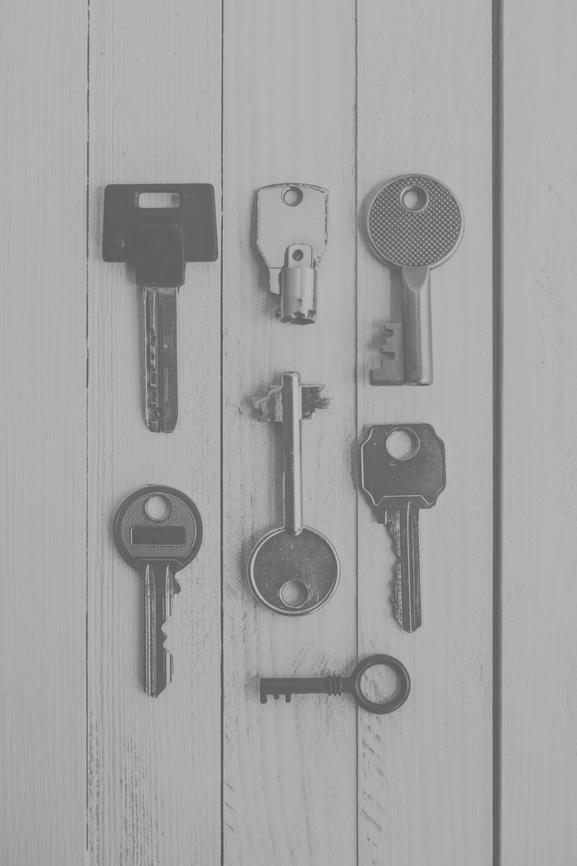Recently, I’ve written about more macro issues when it comes to financial planning, such as why you need to plan even when you’re not rich and why planning is important for the LGBTQ community. However, over the next few weeks, I want to dig into more specific worries that I hear when people approach me for help with their finances.
To that end, I’m developing a course that I call Fixing Your Finances 101. The course will cover basic tasks to complete when getting your financial house in order. Each week, I will take you through two or three steps that will build on one another to improve your overall financial health.
I’ve learned in my practice that giving people too many things to do at one time creates fear and often stifles progress. So hopefully these smaller posts will be easier to digest and complete.
Today I tackle where to begin. With an abundance of information out there and so many moving parts to personal finance, it’s hard to even know where to start. These three steps will help.
Find Your Pain
A lot of people carry financial stress. In a survey conducted by the American Psychological Association (APA), 72% of respondents reported feeling stressed about money within the last month. APA CEO Norman Anderson, Ph.D. added “Regardless of the economic climate, money and finances have remained the top stressor since our survey began in 2007. “ The pain is especially acute for younger generations (generations X&Y), parents and low-income households.
Despite this money-stress threshold, some particular event or stressor usually provides the breaking point that causes someone to seek help. You might succumb to the pressure of overwhelming student loan debt. Or you’ve fought with your spouse about money for the last month. Maybe you have too much money sitting around that you don’t know how to put to work for you.
Whatever the pressure point, the first step is to find and acknowledge it. Finding the pain will help you figure out why money management is important to you and provide the motivation you need to keep going as you complete the process.
Figure Out Your Goals
Simply put, in order to make the most out of your money, you need to identify what you want to achieve. And now that you have a sense of your pain, you should figure out how to resolve it. Is it being student loan debt free? Do you want to be organized in a way where you only need to check on your finances once a quarter? Once a year? Your initial goal should focus on your acute pain.
Once you’ve decided what you need to resolve your pain, I want you to create additional money goals. They should be short-term (under a year), medium-term (between one year and five years), and long-term (more than five years). Dream big and figure out what it will actually costs to get there.
Write down two goals for each category, and be specific. For example, rather than saying, “I want to save enough money to go to Germany next summer,” you should say, “I want to save $2500 for a 10-day trip to Germany 18 months from now.”
Yes, you will have to figure out how much it costs to fly there, stay in a hotel in the cities you want to visit, and estimate how much food will cost. Having specific numbers and time frames will help you prioritize your goals and give you a definitive plan of action for meeting them.
Here are some examples of good short-, medium -, and long-term financial goals.
- Short-term– pay down $3500 on my credit card balance with the highest interest rate within the next year.
- Medium-term – save $20,000 for a down payment on a house that I want to buy four years from now.
- Long-term – save $50,000 for my newborn’s college education by her 18th birthday.
Gather Your Financial Documents
The last step you need to take this week is to gather your financial documents. This may be easy or hard depending on how organized you are. I’m not asking you to do anything with them quite yet (we’ll get there). Just gather the documents and put them in one place.
Important documents include:
- Your last two years of tax returns
- Your most recent pay stub, with year-to-date information
- Your last three months of bank statements
- Your last three months of housing and utility bills (mortgage/rent, electric, water, gas, etc.)
- Your most recent car loan/lease statement
- Your most recent investment statements
- Your most recent insurance statements (home, auto, health, life, disability, etc.)
- Any estate planning documents (will, trust, advanced directives) that you have
Use this list as a starting point. Feel free to add any other relevant documents that you think apply to your financial life. Put them in a folder and then bask in the satisfaction of completing your first week.
Next week we put those documents to work in creating the foundation you need for financial success.




